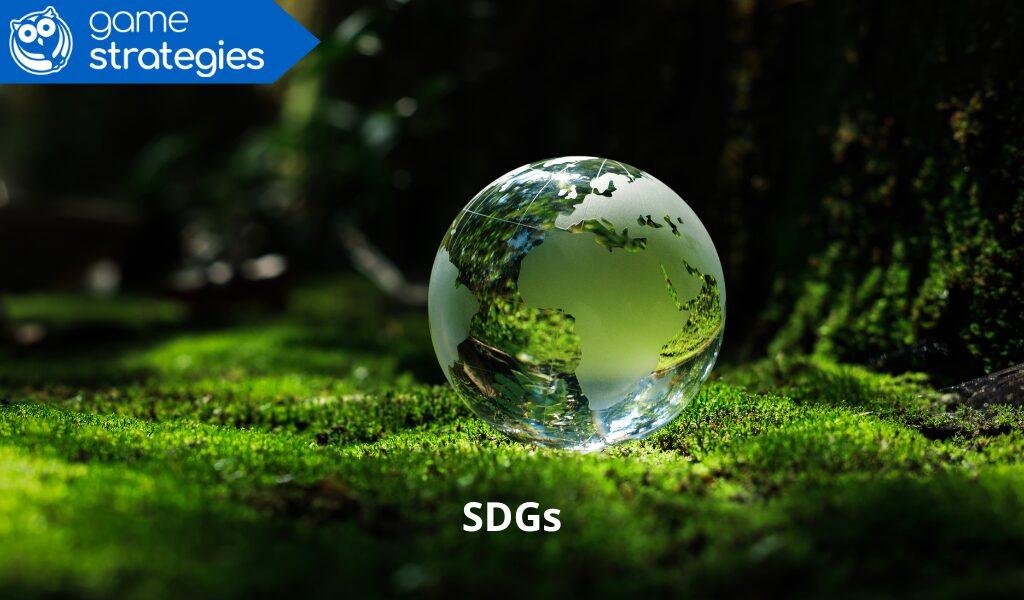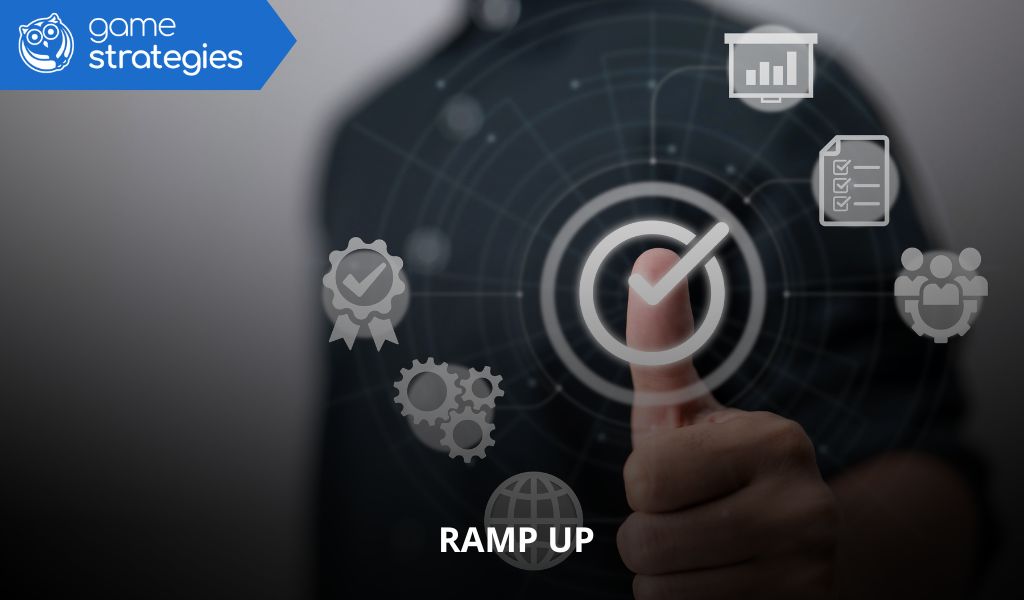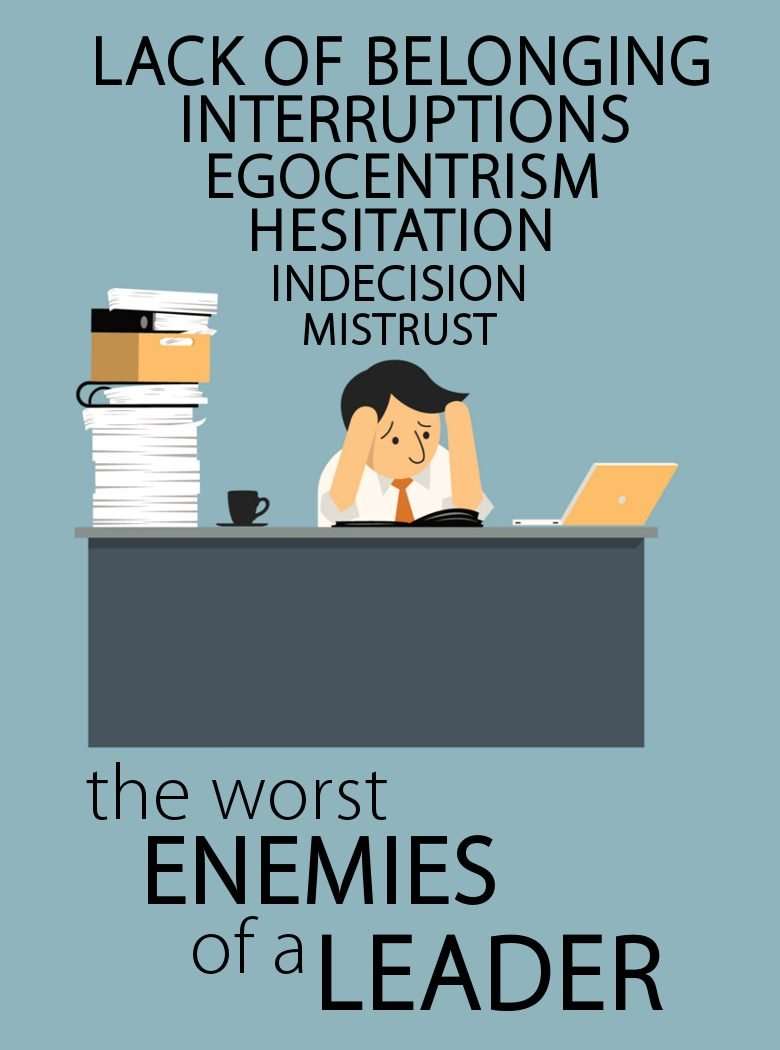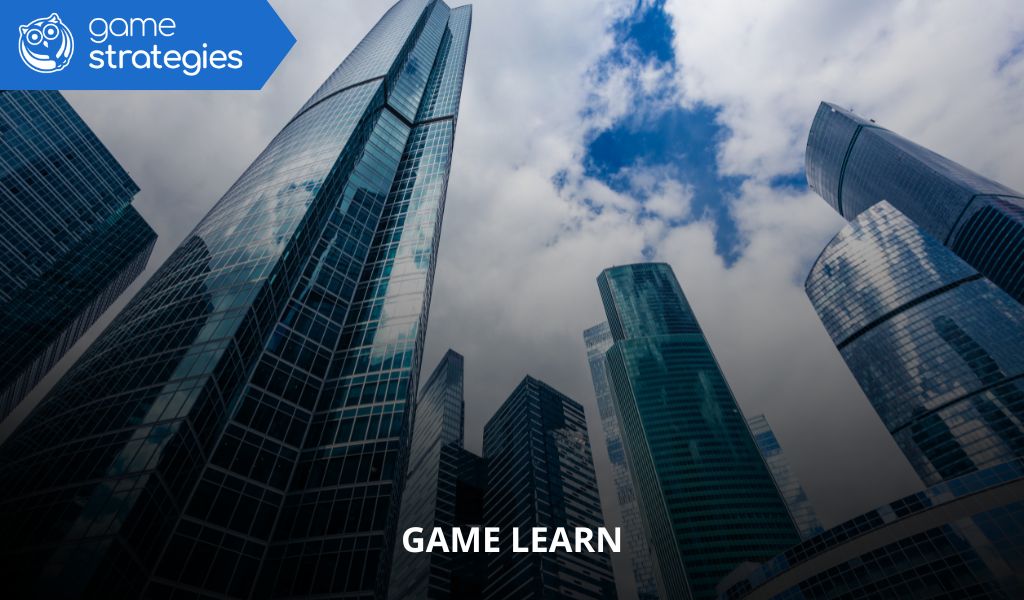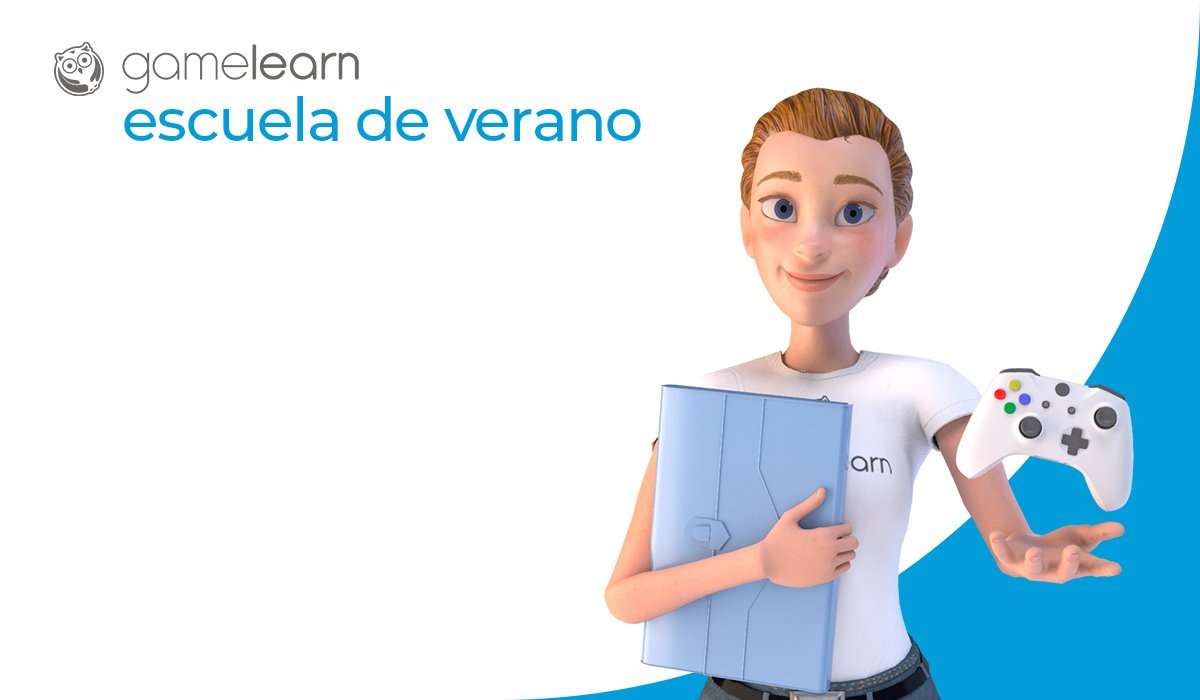What are soft skills and why are they essential in the workplace?
Soft skills are becoming increasingly valued in the professional world. Unlike technical knowledge, or “hard skills”, these competencies relate to how individuals communicate, collaborate, manage time or resolve conflict. Institutions such as INTEF, which promote active methodologies like gamification in the classroom—including the development of leadership and communication—have helped to embed these skills in education. The goal is not just to pass exams but to prepare students to successfully navigate real-world challenges.
While technical expertise was once prioritised, organisations now seek well-rounded professionals with adaptability, leadership, and empathy. In this new paradigm, games for soft skills training have emerged as an innovative and practical tool to develop these capabilities. At GameStrategies, we support this transition through bespoke solutions that blend gamification with corporate training to drive meaningful development.
Definition of soft skills
Soft skills refer to a set of personal attributes, social behaviours, communication abilities, emotional intelligence and cognitive skills that enable individuals to interact effectively with others. These are not traditionally taught in academic settings, but they are critical in distinguishing good professionals from exceptional leaders.
Key soft skills include:
- Effective communication
- Teamwork
- Adaptability
- Time management
- Empathy
- Critical thinking
All of these can be developed through dedicated games for soft skills training designed to simulate real-world situations and promote practical application.
Differences between soft skills and hard skills
Hard skills are technical abilities acquired through education or professional experience—such as programming, speaking a foreign language or using specific software. They are measurable and easier to assess.
Soft skills, however, are more difficult to quantify. They are demonstrated through daily behaviour rather than diplomas. Despite this, they have a direct impact on team performance, customer satisfaction and workplace culture.
As a result, more companies are adopting games for soft skills training to identify and enhance these critical abilities.
Why are companies prioritising soft skills?
The workplace is evolving rapidly. Digitalisation, remote work, globalisation and the need for continuous adaptation mean that knowing how and with whom a task is completed is just as important as knowing what to do.
Organisations that promote collaboration, empathy and transversal leadership are better positioned to innovate, retain talent and adapt to change. Games for soft skills training offer a strategic, engaging way to detect weaknesses, measure progress and motivate employees.
Benefits of using games for soft skills training
Experiential learning and gamification
Games for soft skills training rely on experiential learning—learning by doing. Participants engage in simulated scenarios that require them to apply and refine their interpersonal abilities.
Gamification introduces elements such as challenges, rewards, levels and immediate feedback. This increases motivation and engagement, making training feel natural and enjoyable rather than forced or overly formal.
How games improve retention and collaboration
Active learning leads to better retention. When employees negotiate, solve problems or collaborate in a game setting, they are more likely to remember and apply those lessons later.
Games for soft skills training also promote teamwork. Many activities require coordination, active listening and joint decision-making, strengthening interpersonal bonds and internal communication.
Advantages over traditional training methods
- Provide a safe space to fail and learn
- Encourage active participation versus passive consumption
- Allow for real-time feedback and performance tracking
- Improve self-awareness through immediate responses
- Adaptable to various roles and experience levels within an organisation
Because of these advantages, more companies are integrating games for soft skills training into their internal development programmes.
Most effective games for soft skills training by skill type
Games to strengthen team communication
Effective communication involves clarity, active listening and persuasive delivery. Useful games for soft skills training in this area include message chains, impromptu presentations and storytelling challenges where teams build and share narratives.
Activities to improve teamwork
High-performing teams rely on trust, delegation, coordination and conflict resolution. Group-based games assign specific roles to each participant to develop collaboration under pressure. Example activities include building a structure with limited materials or solving a timed group mission.
Leadership and decision-making games
Leadership games place participants in complex scenarios requiring strategic decisions, conflict management or defending a position. Common formats include negotiation simulations, ethical dilemmas or mock team meetings.
Exercises to develop empathy and emotional intelligence
Understanding one’s own emotions and those of others is essential for healthy professional relationships. Role-playing, emotional interpretation exercises and debates help participants practise empathetic listening and emotional regulation.
Games that boost creativity and problem solving
Creative problem solving is vital in today’s rapidly evolving environments. Lateral thinking activities, reverse brainstorming and improvised prototype design games train participants to find innovative solutions.
Practical examples of games for soft skills training

Game 1: The tower challenge (teamwork)
Objective: Enhance collaboration, planning and decision-making
Setup: Teams of 4–6 receive simple materials (spaghetti, string, tape, marshmallows) and must build the tallest freestanding tower that holds the marshmallow on top—in 15 minutes.
Outcome: Encourages communication, task distribution and problem-solving under time constraints.
Game 2: Difficult customer role-play (communication and empathy)
Objective: Improve conflict resolution and empathetic communication
Setup: One participant plays a frustrated customer; another acts as a service agent. Observers provide feedback on tone, emotional control and proposed solutions.
Outcome: Builds real-world communication skills and emotional intelligence.
Game 3: The ethical dilemma (leadership and decision-making)
Objective: Develop critical thinking and leadership ethics
Setup: Participants discuss a complex moral scenario (e.g., dismissing a rule-breaking employee facing personal challenges) and must reach a group decision with justified arguments.
Outcome: Encourages ethical reflection and consensus-building.
Game 4: Reverse brainstorming (creativity and lateral thinking)
Objective: Break mental blocks and stimulate non-linear thinking
Setup: Instead of solving a problem, teams identify ways to worsen it—then reverse those ideas to find creative solutions.
Outcome: Fosters innovation and unconventional problem solving.
Game 5: Broken telephone (active listening)
Objective: Emphasise clarity and the value of listening
Setup: A detailed story is whispered through a line of participants. The final version is compared to the original.
Outcome: Demonstrates how information deteriorates and reinforces the need for precise communication.
Gamified platforms for corporate training
Integrating games for soft skills training no longer requires major investments or technical expertise. Today’s platforms make it easy to create, adapt and deliver gamified content.
1. Game Strategies
Game Strategies provides customisable gamification solutions for developing soft skills, combining gameplay mechanics with measurable learning outcomes across communication, leadership and creativity.
2. Kahoot!
Popular in educational settings, Kahoot! is also used in businesses to create quick, interactive quizzes that support soft skills development.
3. Mambo.IO
A Spanish platform for internal training and engagement programmes using missions, badges, points and leaderboards.
4. Actively Learn and EdApp
These tools blend educational content with continuous assessment and gamified interactions, and can be adapted for corporate soft skills development.
5. Classcraft and TalentCards
Ideal for small teams or startups, these platforms use role-play, immersive simulations and reward systems to personalise soft skills training.
Gamified platforms make corporate training more engaging while allowing for data collection, personalised paths and instant feedback. As such, games for soft skills training are becoming essential tools for organisations committed to people-centred growth and professional development.
¿De cuánta utilidad te ha parecido este contenido?
¡Haz clic en una estrella para puntuarlo!
Promedio de puntuación 5 / 5. Recuento de votos: 1
Hasta ahora, ¡no hay votos!. Sé el primero en puntuar este contenido.


